Oceanography Vocab
1/13/17
Biotic
A living organism

Bioluminescence
The production and emission of light by a living organism.

Abiotic
Not derived from living things.
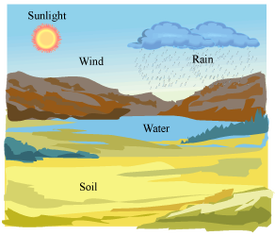
Hydrothermal vents
A vent that exposes heat to the water causing the water to get warmer and able to sustain animal life.
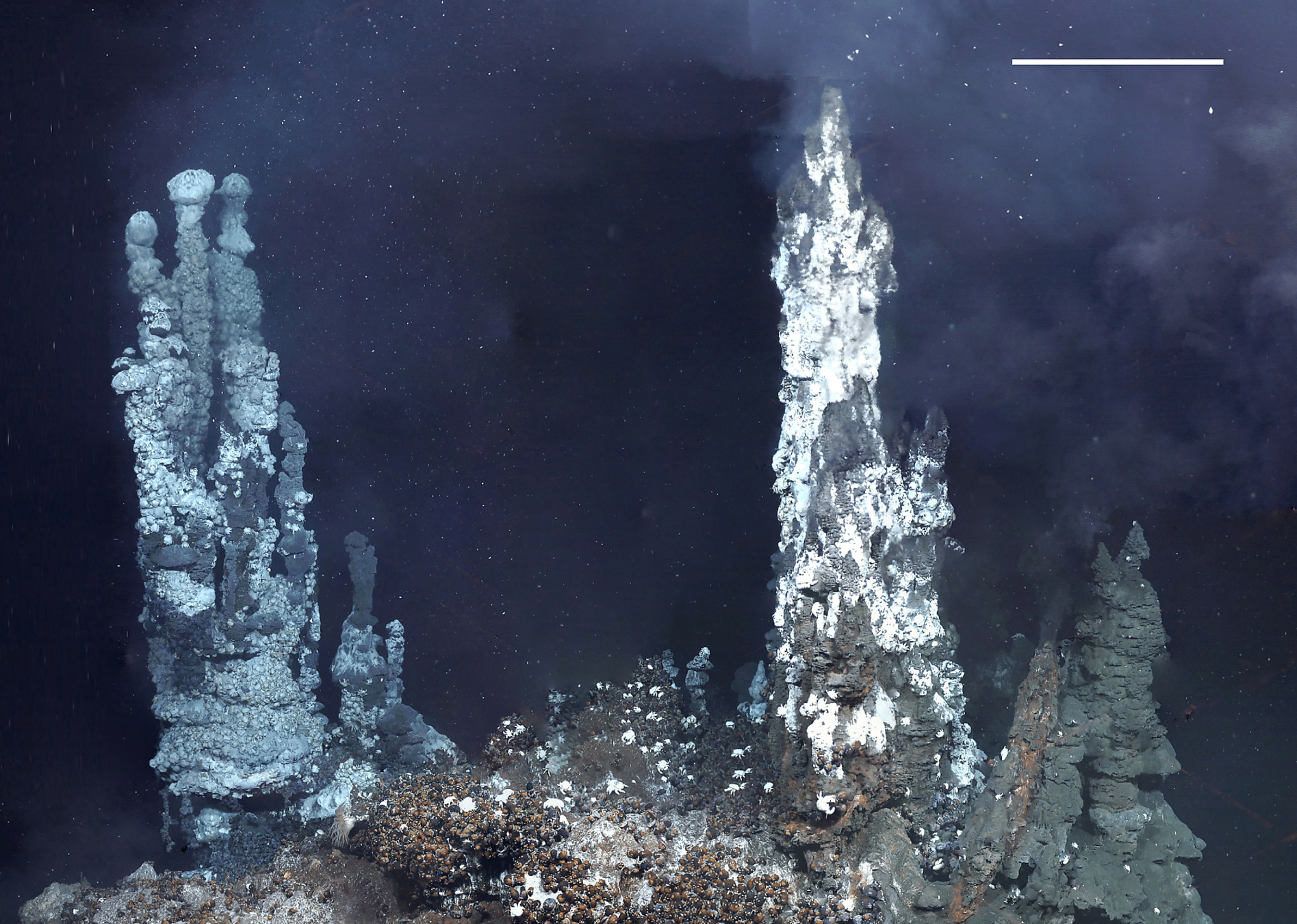
Limiting Factors
An environment condition that has affected the population or growth of an organism(s) causing it to decrease.
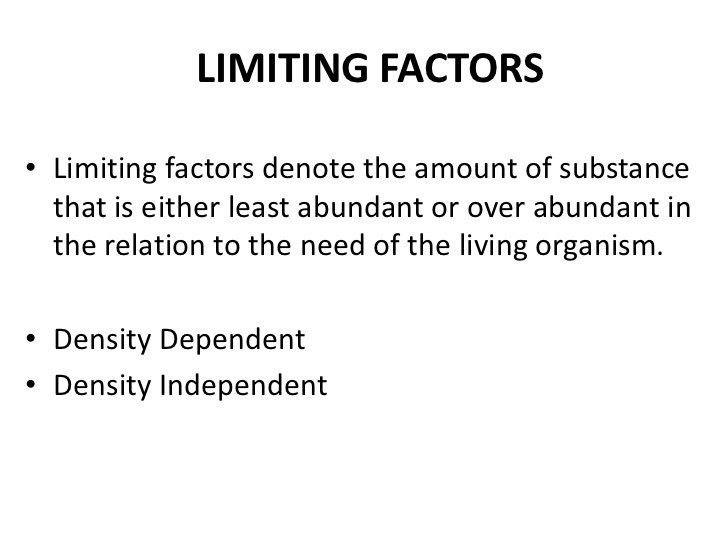
Upwelling

Usually motion driven act, pushing cooler, more nutrient filled water up to the ocean surface.
Carrying Capacity
The number of people, other living organisms , or crops that a region and support without environment degradation.

Intertidal Zone
The area that is above water at low tide but below the water at high tide.

Population
How many organisms are in that certain area.

Neritic Zone
The relatively shallow part of he ocean above the drop off. Around 200 meters in depth.

Predator
An animal or person who preys on others naturally.
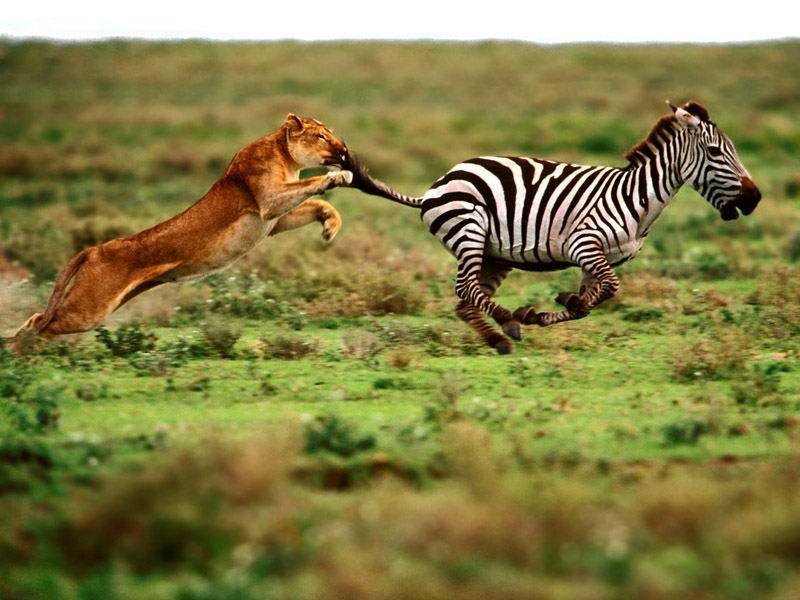
Open Ocean Zone
The open sea where it leaves the continental shelf into a deep area of the ocean. It is 65% of the ocean completely open water.

Prey
An animal that is hunted and used for food.
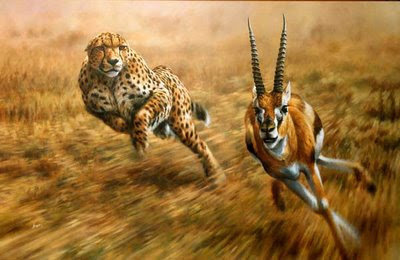
Water Column
A column of water that is measured from the surface to the bottom sediments of the body of water.
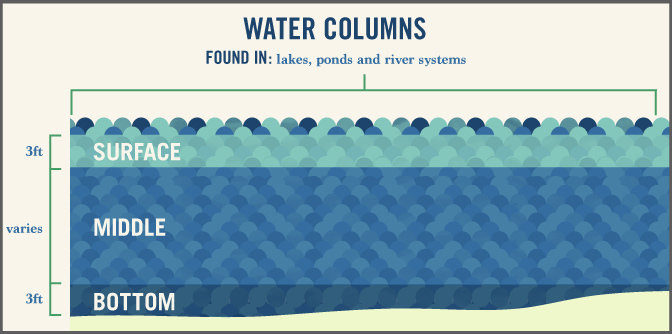
Competition
An activity or condition of which two or more organism are competing in. (Animals for food)

Estuary
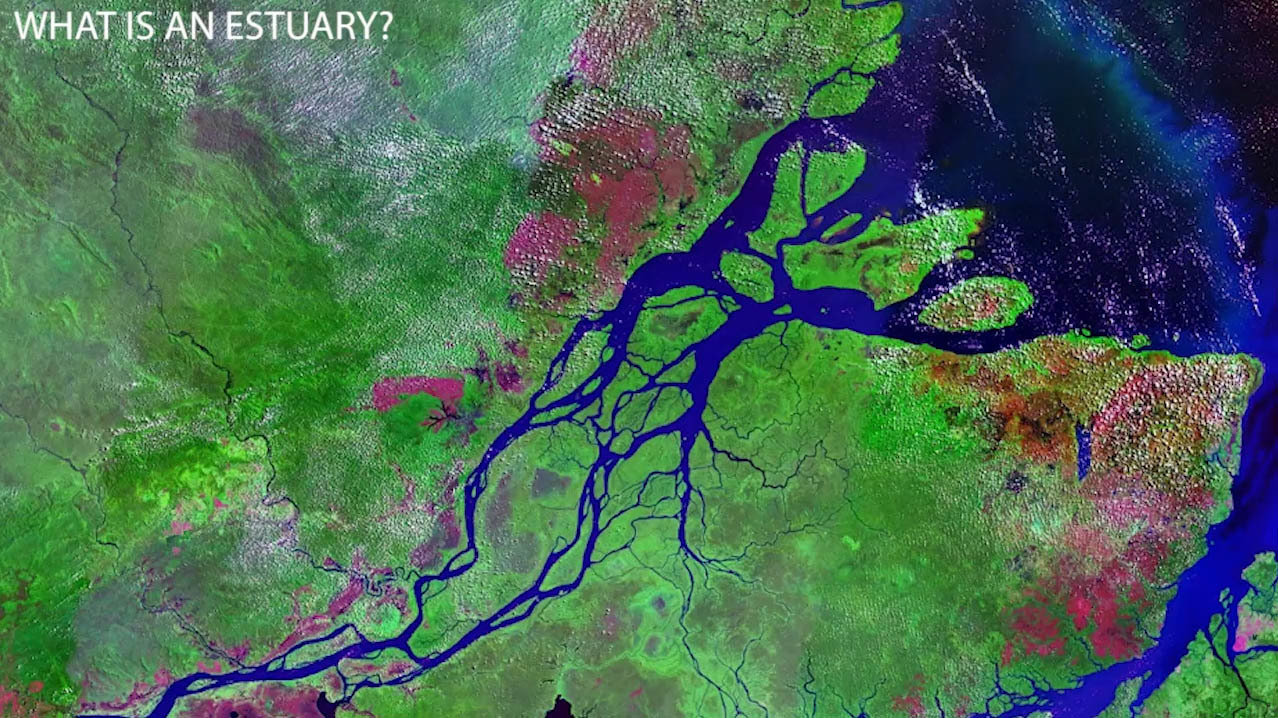
A semi-enclosed body of water that has access to open ocean bringing fresh water drainage from land.
Definite
Clearly true or proven.
Benthos
organisms on the bottom of the ocean that crawl to move.
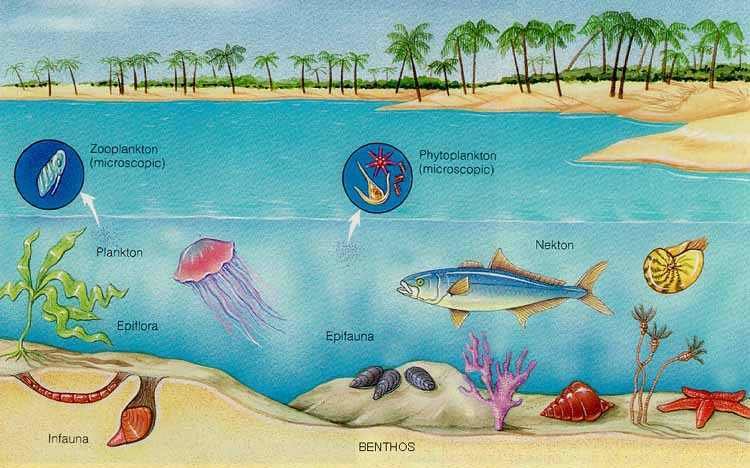
Wetlands
Land that has marshes or swamps; saturated land
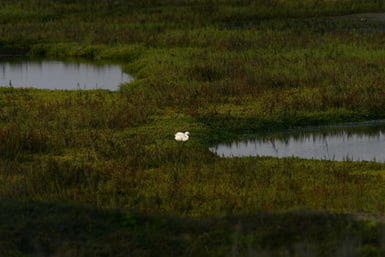
Nekton
Aquatic animals that are able to swim and move independently in water currents.

Food web
A system of interlocking food chains.
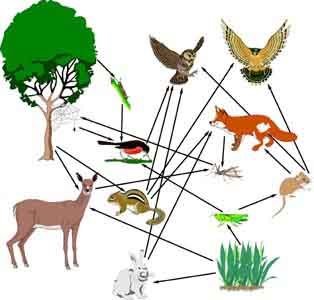
Plankton
Microscopic organisms floating around the ocean being pushed to different locations by the currents.
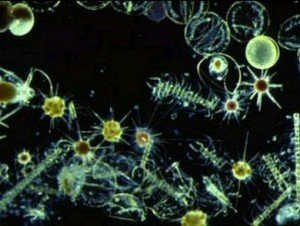
Symbiosis
The interaction of two different organisms living together, both benefiting from it.
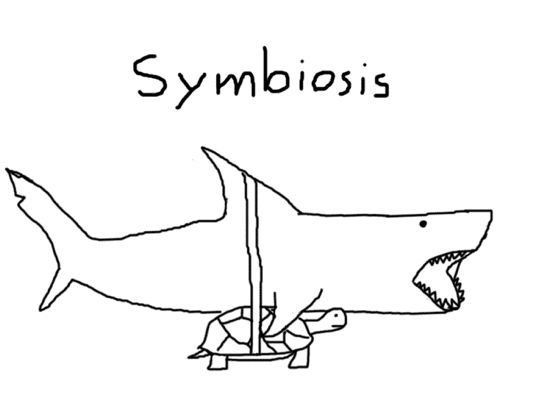
Salinity
The concentration of dissolved salts in water.

Commensalism
The class of relationships between two organisms while one is getting some type of benefit, but the other organism isn't being affected.
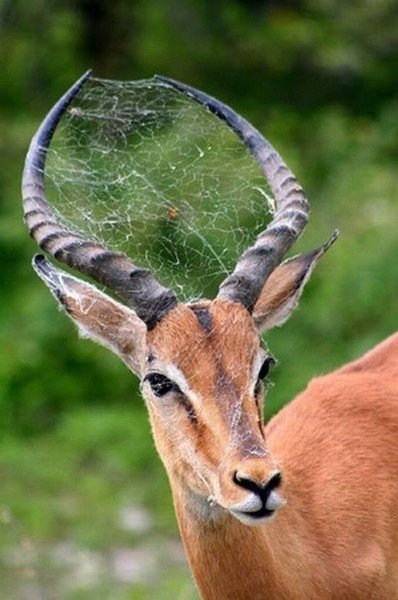
Alternative
Available as another possibility.

Mutualism
Symbiosis that benefits both organisms.

Alvin
Vehicle that can go at deep sea levels. Can go 14,764 ft.
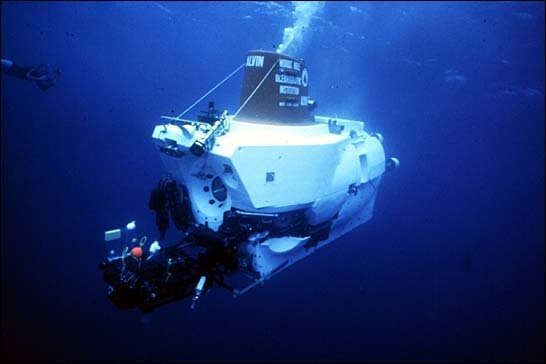
Parasitism
A living parasite in or on another organism.
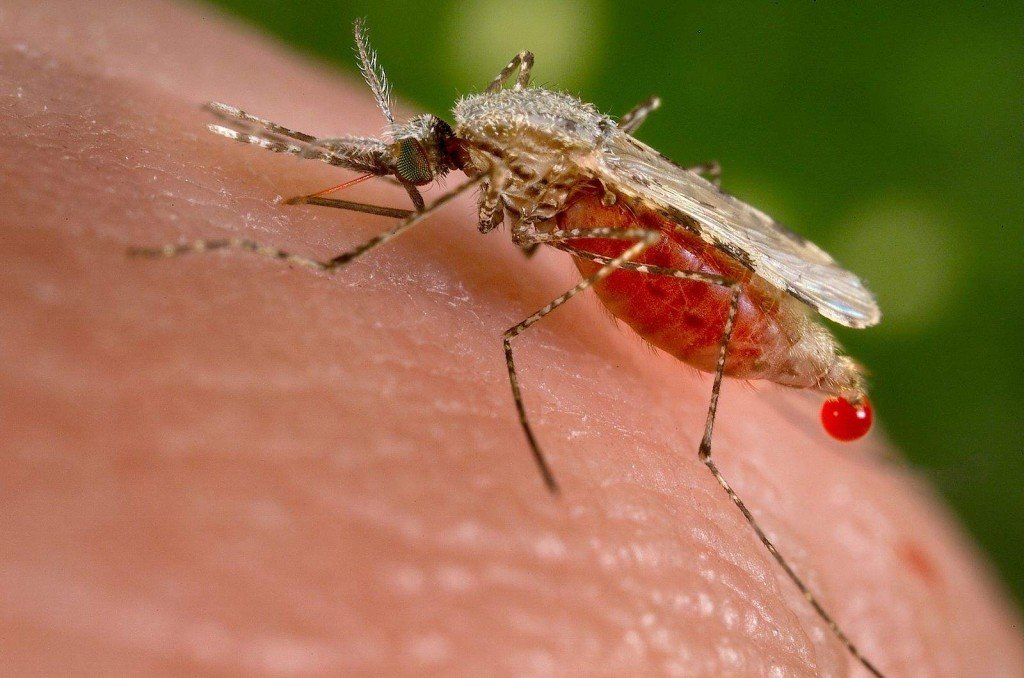
Sonar
A system to detect animals under water and also measure water depth by emitting sound pulses by measuring their return after being reflected.
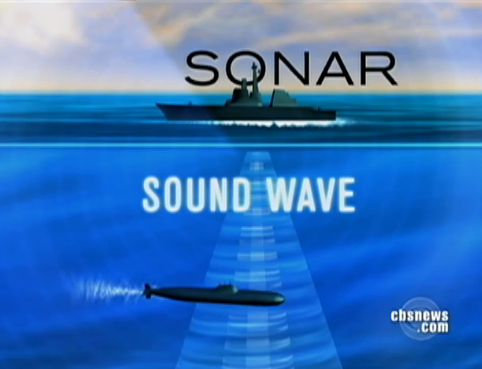
Producer
Organisms that make their own food
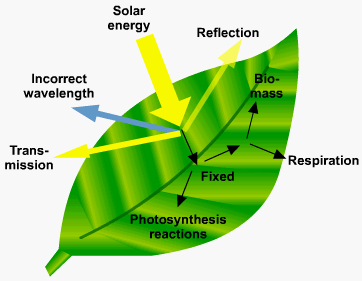
Submersible
A craft being able to be submerged into the water used for exploring and research.
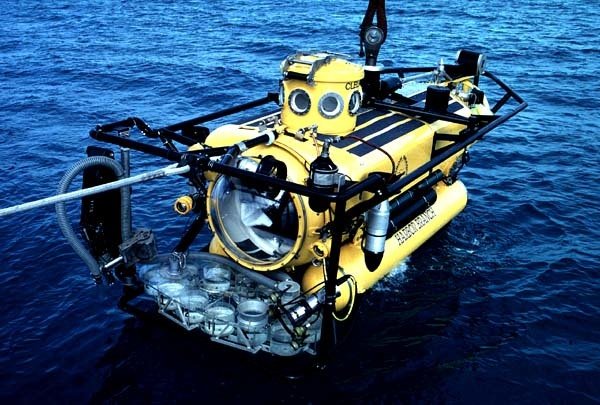
Consumer
A person or thing that eats or uses something.

Scuba
Under water breathing apparatus .

Decomposer
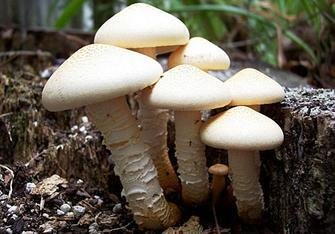
An organism, especially in soil bacterium , fungus , or invertebrate, that decomposes organic material.
ROV
Unoccupied, highly maneuverable and operated by a crew in aboard vessel.
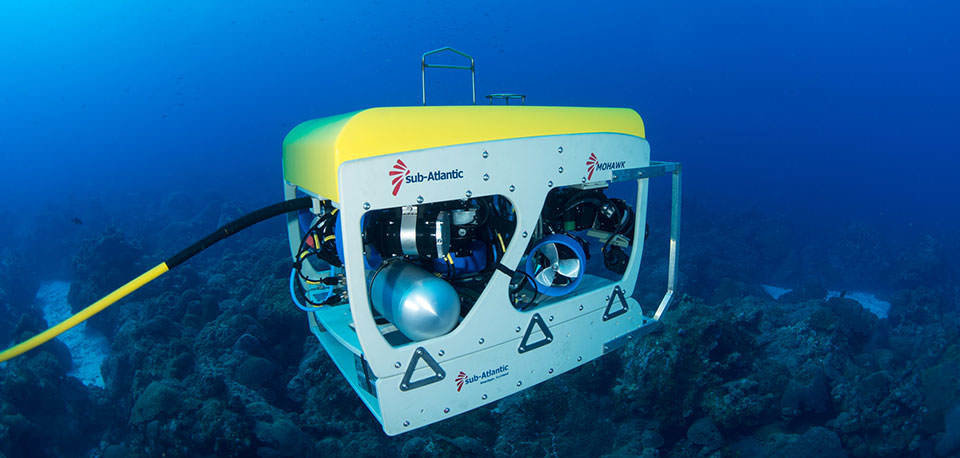
Distinct
Recognizably different in nature from other similar things.
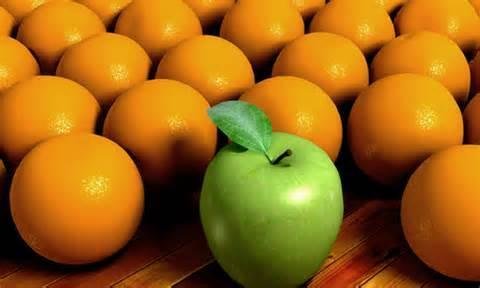
Consist
Be made something up of or contain .

Primary Consumer
Usually herbivores, feeding on plants and fungus. Animals that eat primary producers.
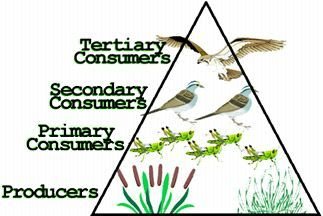
Secondary Consumer
Animals that eat primary consumers. They are carnivores
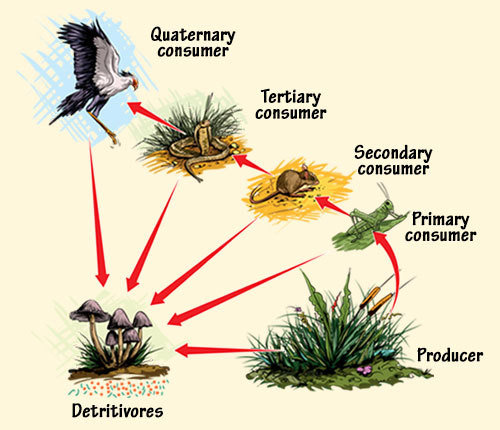
Expand
Make larger or bigger.

Conclude
Bring something to an end.

deck
By Jillian Sperico
deck
- 226



